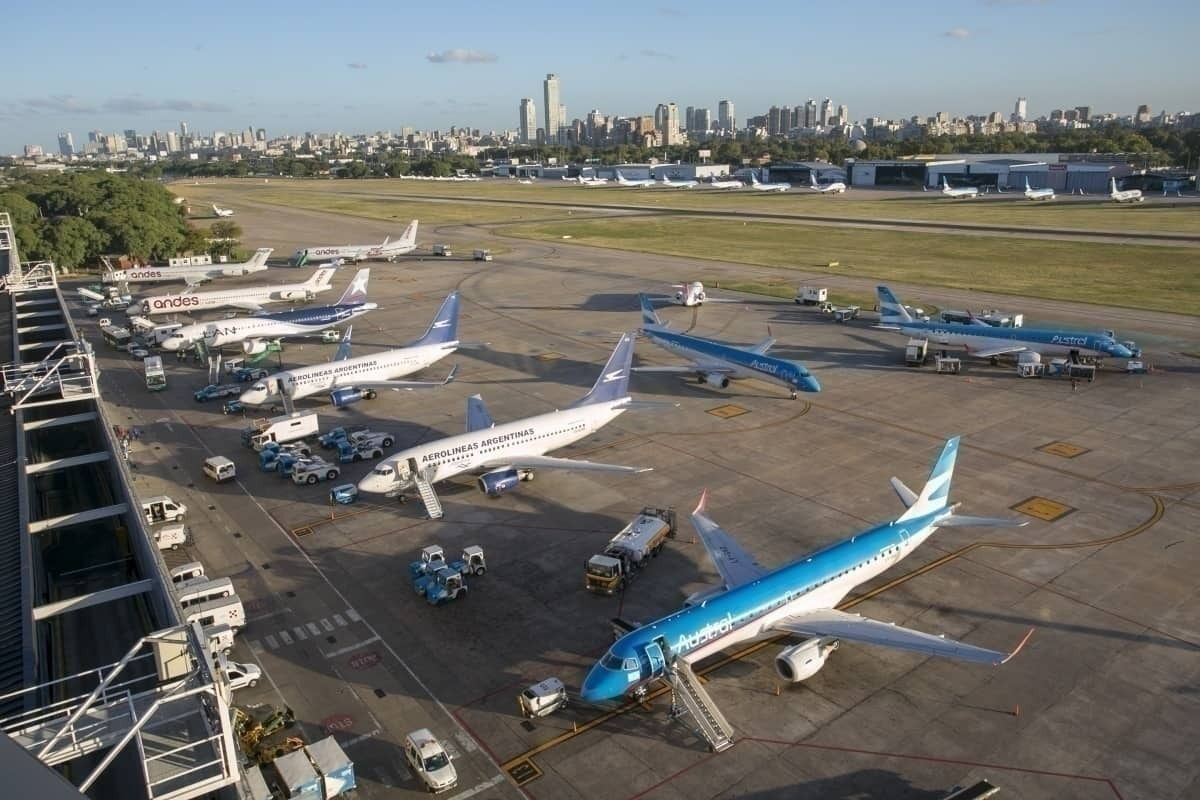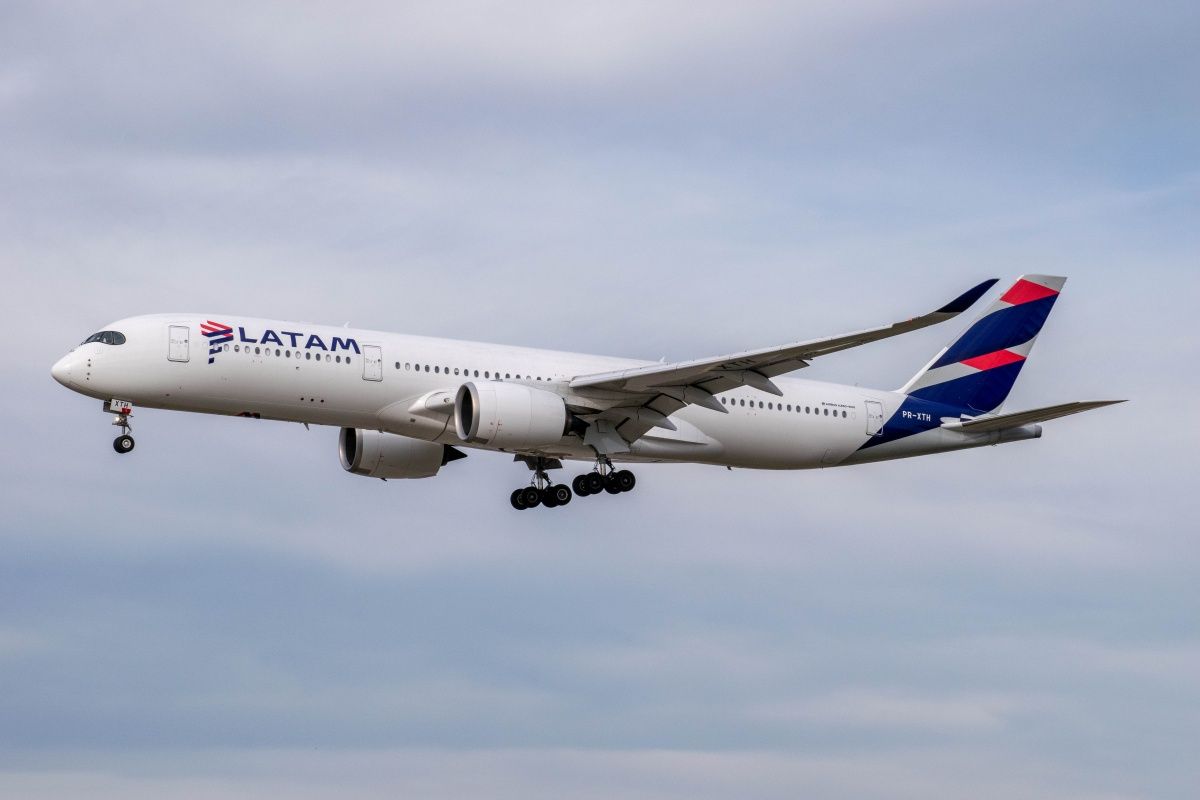The Latin American and Caribbean Air Transport Association (ALTA) asked for flexibility in airport slot allocation rules. This is due to the outbreak of coronavirus, said the organism in a statement. Let’s investigate further.
Latin America is not that affected; nevertheless, ALTA is stepping in
The region of Latin America is currently one of the less affected worldwide by coronavirus, COVID-19, cases. According to John Hopkins University, and as of Sunday 8 March, there were 84 active cases in the region and one death, in Argentina.
Brazil has the biggest number of COVID-19 cases, with 20. After this, Ecuador has 14, Argentina and Chile both have eight, and Mexico has six.
ALTA is worried that the coronavirus outbreak worldwide could impact Latin America. The region has sixteen consecutive years of growth but the disease could stop that. The organization said,
“Latin America does not yet show in numbers the impact of the coronavirus, except for some affected routes to Europe and Asia. However, the analysis presented by IATA estimates that in 2020 global passenger traffic will reduce between 11% and 19%.â€
Therefore, the organisation which serves the airline industry in Latin America has some requests.
We need flexibility the slot allocation rules
Just as IATA did last week, ALTA is requesting flexibility in airport slot allocation rules. This is “an exceptional measure to ensure that low demand or canceled flights do not affect airlines’ historical compliance required for the planning of the next flight season.â€
Currently, we have no information regarding possible ghost flights in the region as it is already happening in Europe. Still, this is a possibility if the outbreak continues and evolves.
The organization is also calling on the governments of the region to guarantee the industry’s viability and sustainability. Airlines need fluid contact, information, and coordination of any control measure or health forms required by the different States.
For instance, this weekend Salvadorian president Nayib Bukele announced on Twitter that people coming from Germany and France will not be allowed into the country. Previously the Salvadorian government banned people coming from China, South Korea, Italy, and Iran.
In this regard, Avianca (which has a hub in San Salvador) has yet to update its measures for travelers’ protection on its website.
ALTA is also asking the authorities to reduce overall costs to the industry, like taxes, fees, and charges throughout the airline production chain. Finally is asking to “adjust work conditions as a contingency measure to secure industry jobs during this public health emergency.â€
Is the region already showing signs of a slowing demand?
Yes. Definitely yes. Aeromexico posted on Friday its passenger numbers for January and February in 2020 and they are not good. In February, the Mexican airline lost 11.6% in the number of international travelers transported, in comparison with 2019.
We asked Aeromexico if this fall in the numbers can be attributed to the coronavirus outbreak worldwide. At the time of the publication of this article, we had no response.
AerolÃneas Argentinas reduced its five weekly flights to Rome to just three. Aeromexico reduced by 50% of its flights to South Korea. LATAM suspended its Sao Paulo-Milan route (while one of its workers in Peru has coronavirus).
In Brazil, GOL hasn’t updated its article on coronavirus since it published on 3 February. Azul doesn’t even have an article on its website about the disease.
Finally, ALTA said that the air industry generates very low margins and the impact of COVID-19 “is a risk to the subsistence of many airlines and industry companies.â€
What do you think? Let us know in the comments below.


